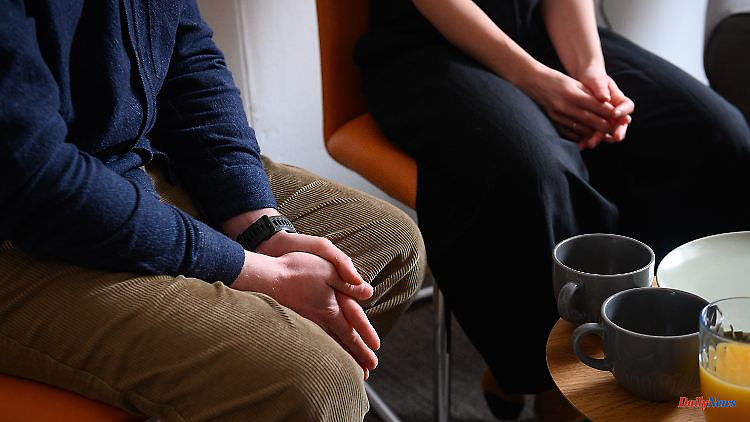Germany has taken in more than a million refugees from Ukraine since the beginning of the war. The vast majority of them now live in their own apartments - a quarter of them with relatives or friends. This should make integration easier.
Most of the Ukrainians who fled to Germany live in private apartments. According to a survey, almost three quarters (74 percent) of the refugees moved into private apartments immediately after their arrival, more than half live alone or with family members who have fled. This is one of the results of the study "Refugees from Ukraine in Germany", which was presented in Berlin. Only 9 percent lived in communal accommodation.
According to the authors, the survey is representative of people who came to Germany between the start of the war on February 24 and the beginning of June 2022. Three quarters of the Ukrainians currently living in this country came during this period. Of those who lived in private homes, 60 percent lived alone, 26 percent lived with family and friends, and the rest lived with other people.
In general, people in private accommodation are happier, explained Andreas Ette from the Federal Institute for Population Research (BiB) - but there doesn't have to be a causal connection. The study was carried out by the research center of the Federal Office for Migration and Refugees (Bamf), the German Institute for Economic Research (DIW), the BiB and the Institute for Labor Market and Vocational Research (IAB).
"It turns out that the clear majority felt welcome in Germany," said Nina Rother from the Bamf research center, who thus reinforced one of the core messages of the study presented in December. This applies regardless of age and gender and reflects the "high culture of welcome and solidarity" in Germany.
Yuliya Kosyakova from the IAB explained that it is important to focus integration and support measures on a long-term stay. The integration of Ukrainian women is made more difficult without suitable childcare. Many suffered from being separated from close relatives and needed psychosocial care. Social relationships and networks are very important for arriving in Germany.












